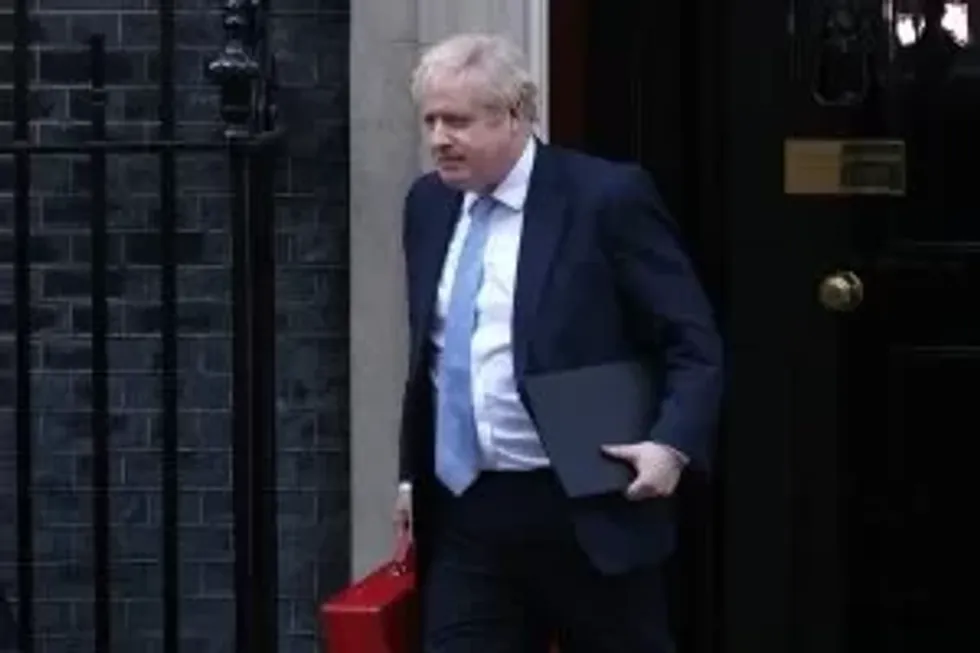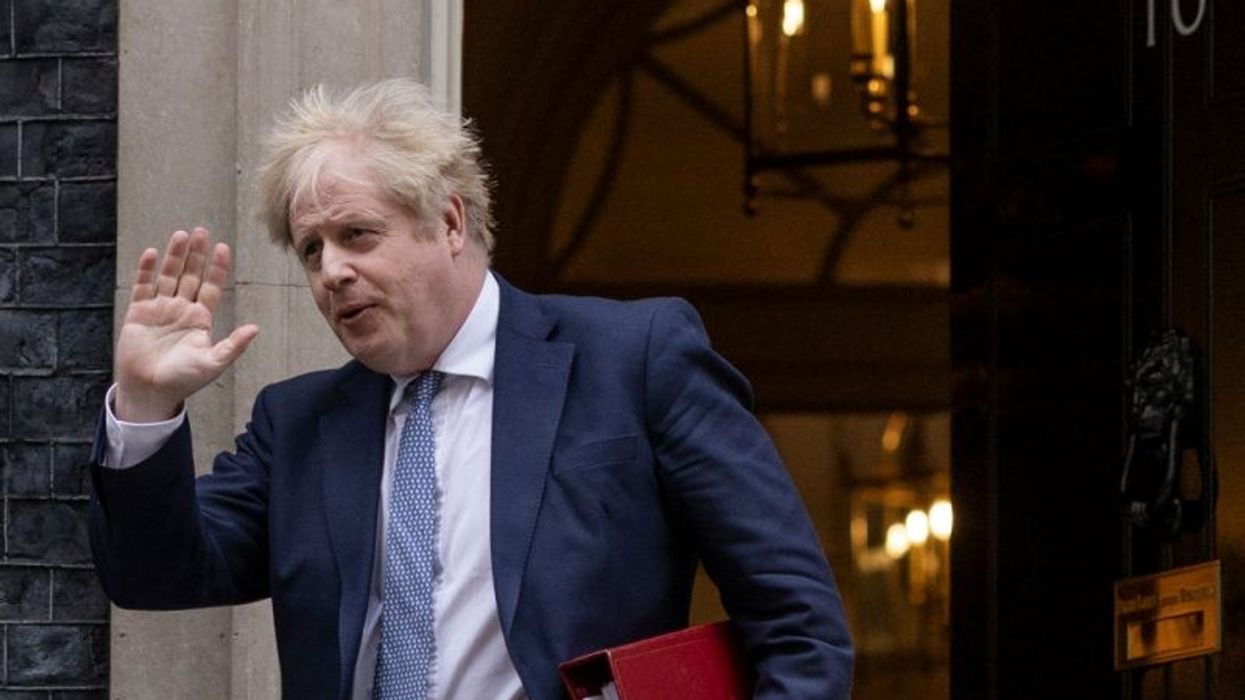BRITAIN vowed to repair the economic and social fabric of its "broken heartlands", as the government set out a long-awaited plan to flesh out promises that helped prime minister Boris Johnson win a big parliamentary majority in 2019.
With Johnson now reeling from public anger over lockdown parties held at his Downing Street residence, his government published plans to funnel investment into towns and regions to mitigate deep-rooted social and economic inequalities.
Economists say geographical disparities in health, education and incomes are large and persistent, with cities such as London, Oxford and Cambridge accused of sucking funding and talent out of the rest of Britain.
Also Read | Senior judiciary figure admits…ASIANS STILL FAILING TO BECOME JUDGES
Michael Gove, the minister tasked with delivering the policy, known as 'levelling up', said the 2016 Brexit vote to leave the European Union was a "wake-up call" that former industrial towns could no longer be overlooked.

"Economic opportunities spread more equally across the country is at the heart of levelling up, but it's also about community as well," he told parliament. "It's about repairing the social fabric of our broken heartlands."
Along with a promise to "get Brexit done", Johnson's 2019 pledge to prioritise growth in parts of the country outside the affluent southeast helped him to win parliamentary seats in areas that had never voted Conservative before.
Gove said the plan would result in the biggest shift of power from London to local leaders in modern times.
Spending on R&D
Successive British governments, both Conservative and Labour, have sought for decades to address inequality by devolving power from Westminster to the regions, but with only limited success.
Critics say that in the last decade these efforts were patchy and undermined by budget cuts even as some local authorities won new policymaking powers in areas such as transport and planning.
The policies announced on Wednesday (2) include a government spending commitment on research and development, the creation of new mayors and the promotion of innovation clusters.
Opposition Labour Party lawmaker Lisa Nandy criticised Gove's plan as a list of recycled policies that failed to provide new funding or address the heart of the problems.
Paul Johnson of the Institute for Fiscal Studies also sounded a note of scepticism.
"Meeting the core ambition of simultaneously improving education and skill levels and availability of high paying jobs in poorer regions will prove extremely challenging. Without that, levelling up will not happen," he said.
In a foreword to the policy paper, the prime minister said it would be his "defining mission" to level up the country.
"I am determined to break that link between geography and destiny so that it makes good business sense for the private sector to invest in areas that have for too long felt left behind," he wrote.
Johnson is struggling to shore up his premiership after damaging revelations of parties in his Downing Street office and other government buildings held during Covid-19 lockdowns that have upset voters and alienated some lawmakers in his own Conservative Party.
A report on the gatherings on Monday (31) pointed to "serious failures of leadership" at the heart of British government.
(Reuters)





